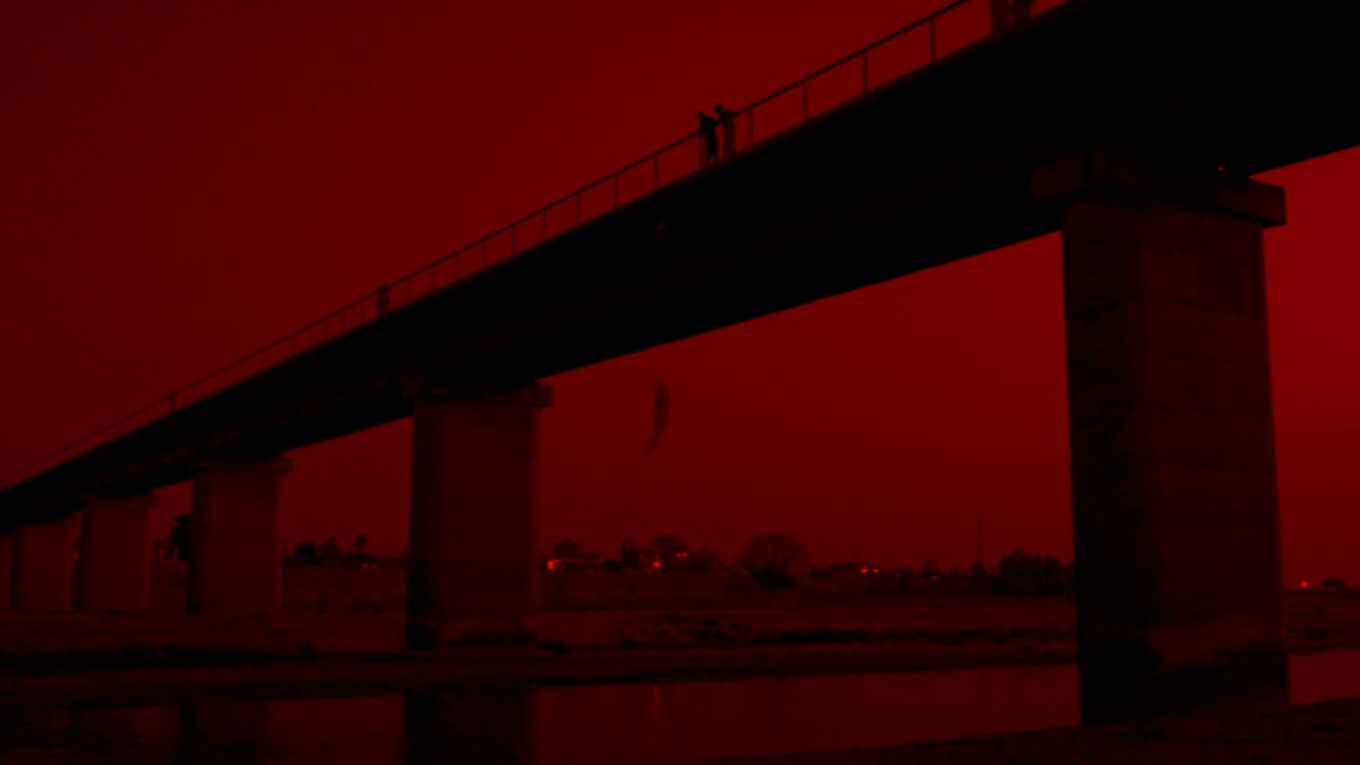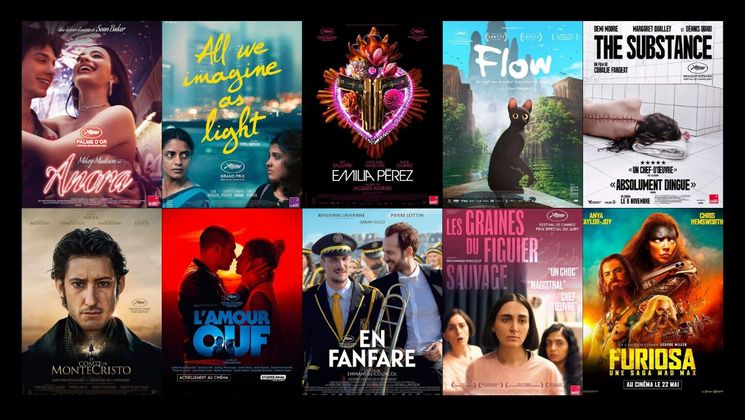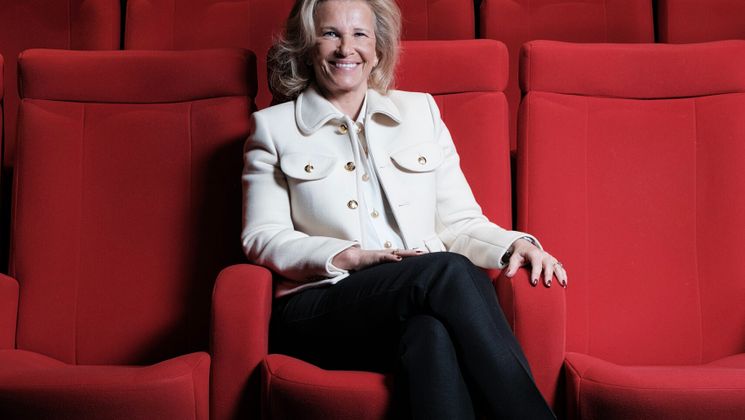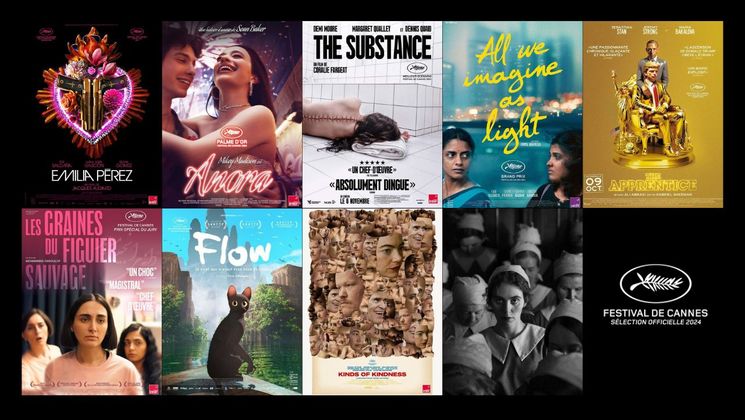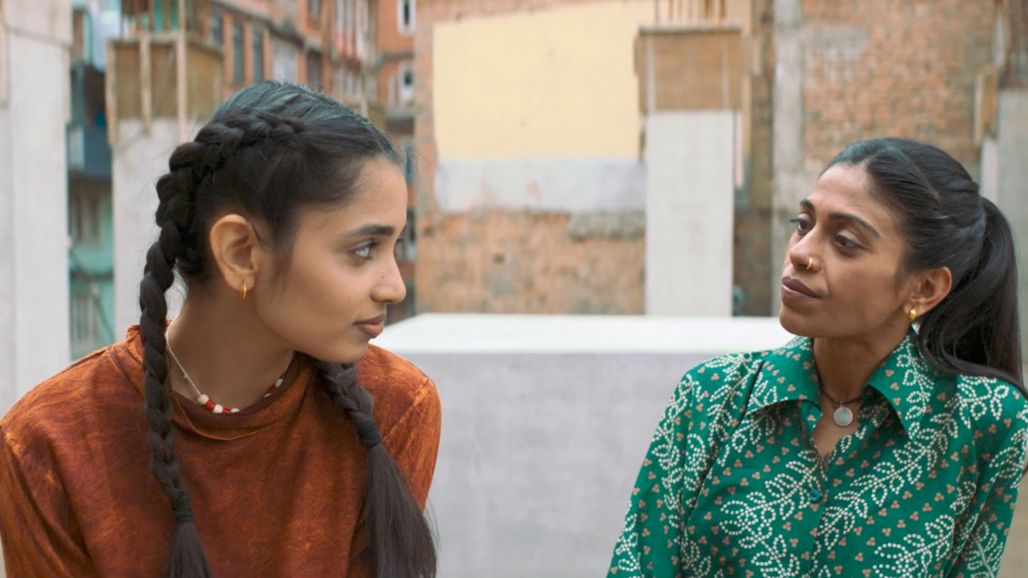
The Shameless, as seen by Konstantin Bojanov

Through the dramatic story of Renuka, a sex worker in southern India, Bulgarian director Konstantin Bojanov challenges social and religious convictions and what they dictate. The Shameless is listed in the Un Certain Regard selection.
How did your film come about?
The adventure of The Shameless began 12 years ago in the form of a documentary with four distinct stories. Through these stories, I sought to explore a number of themes, including love, sexuality, free will and artistic expression, within the confines of the castes and religious beliefs of present-day India. In 2014, I began filming the first of these stories, centered on the life of Reshma, a 32-year-old devadasi sex worker from northern Karnataka. The close bond between Reshma and another sex worker, Renuka, inspired me to create a fictional love story between a woman on the run from the law and a young girl born into the devadasi system. Reshma’s beginnings also influenced the character of the young girl, Devika.
What was the atmosphere like on set?
It is a different experience for everyone. The hectic pace of filming and various other factors made my work on set extremely difficult. As a director, you walk on eggshells when you constantly have to make compromises. I often thought about the ordeal Coppola experienced during the filming of Apocalypse Now. In our case, of course, everything was on a very small scale. When I was in a more positive mood, I thought about the independent American comedy “Living in Oblivion”. To keep things on track, I took things day by day, sometimes even an hour at a time.
“Storytelling can transcend cultural boundaries and reveal the shared humanity beneath our societal disparities.”
What can you tell us about your actors?
I am very exacting when choosing my actors. Casting for the two main roles took more than eight months in Mumbai. While I was considering several talented Indian actresses for the role of Renuka, I kept coming back to Anasuya Sengupta’s photos on Facebook, thinking: “She fits my vision of Renuka perfectly”. It was more than just her appearance; it was her attitude too. I knew that she was primarily a production designer. Nontheless, I took a chance and asked her if she was interested in the role. It took her over a month to send me her tape, but as soon as I saw it on screen, I knew I did not need to look any further.
Omara was suggested to me by the casting director, Parag Mehta. It was a photo of her hugging a puppy that made me think she could play Devika. Her self-recordings and screen tests with Anasuya confirmed that my gut feeling was right.
I could not be happier with these casting choices.
What would you like people to remember from your film?
That storytelling can transcend cultural boundaries and reveal the shared humanity beneath our societal disparities.
What made you want to become a director?
The art school I went to in Sofia was located next to an arthouse cinema. I often skipped classes to go there. That is where I fell in love with cinema (with the exception of Salò, which my mother took me to see when I was 9). I really wanted to make films, but I did not know how, so I started writing stories. I am a self-taught filmmaker.
